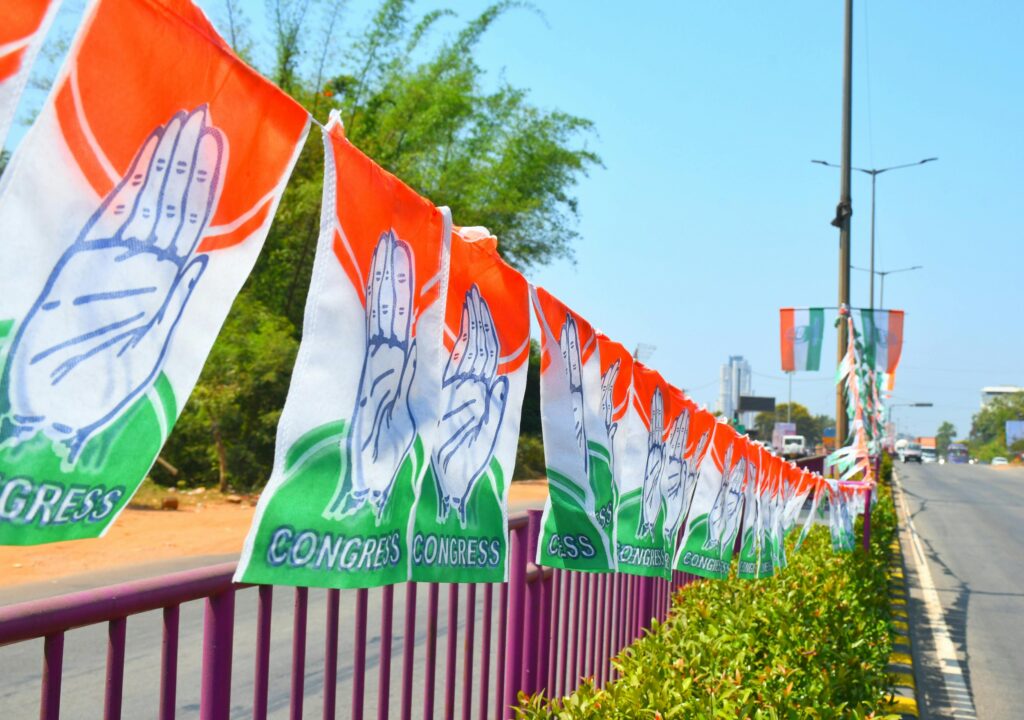Introduction
Should Voting Be Made Compulsory in India? India is the world’s largest democracy, yet voter turnout is often disappointing — especially in urban areas. Every election raises the same debate: if voting is our right, should it also be made a duty? Should India make voting compulsory for all eligible citizens?
Context
Despite having over 95 crore registered voters, only around 60-70% turnout is seen in major elections. Countries like Australia and Belgium have mandatory voting laws, and some leaders in India have also suggested similar rules to strengthen democracy. But would compulsory voting really help — or create new problems?
Arguments in Favour (YES Side)
Strengthens democracy:
Compulsory voting ensures broader participation, making election outcomes more representative, inclusive, and aligned with true democratic values.
Reduces vote-bank politics:
When every citizen is required to vote, politicians must address issues that affect the whole population, not just selective vote banks.
Promotes civic responsibility:
Just like paying taxes, voting becomes a national duty. It builds stronger engagement with governance and decision-making.
Discourages voter apathy:
Many urban voters skip voting out of convenience. Making it mandatory encourages active citizenship across all economic classes.
Increases political accountability:
Higher turnout keeps politicians on their toes, knowing they are accountable to a wider and more diverse electorate.
Improves political education:
When voting is mandatory, people are more likely to learn about issues and candidates, leading to more informed decisions.
Boosts marginalised voices:
Compulsory voting brings in votes from underrepresented communities, helping their concerns reach mainstream politics.
Strengthens national unity:
When the entire population participates, it reinforces the idea that every vote and voice matters equally.
Reduces election-day bias:
Turnout volatility (like weather, holidays, or transport) affects outcomes. Compulsory voting minimizes such imbalances.
Global precedent exists:
Countries like Australia and Belgium use compulsory voting effectively, showing that it can work in a democratic setup.

Also Read: Is Digital Arrest a Rising Threat in India?
Arguments Against (NO Side)
Right to vote includes right not to vote:
In a democracy, forcing someone to vote violates their personal freedom — even the right to stay neutral or protest.
Leads to random or careless voting:
People may vote just to avoid punishment, without understanding the candidates or making informed choices.
Hard to implement in India’s scale:
Tracking every citizen and penalizing non-voters in a country of 1.4 billion would be logistically overwhelming.
Punishes the marginalized unfairly:
Poor, elderly, or illiterate individuals may find it harder to vote due to lack of access — punishing them would be unjust.
Increases risk of voter fraud:
Fake voting, proxy voting, or vote buying may increase just to meet targets or avoid penalties in rural areas.
May dilute quality of democracy:
Forcing uninterested or uninformed people to vote might actually reduce the quality of democratic decision-making.
Bureaucratic burden on election staff:
Already overburdened officials will face added pressure to track, report, and fine non-voters.
Religious or personal objections:
Some individuals might avoid voting due to belief systems — compulsory voting could clash with such personal values.
Undermines voluntary participation:
Democracy thrives when people vote by choice, not by compulsion. Forced voting could backfire and fuel resentment.
Can’t solve political disillusionment:
If people don’t believe in any party or candidate, forcing them to vote doesn’t address the root cause — it hides it.
Balanced Conclusion
While increasing voter turnout is important, forcing people to vote might go against the very spirit of democracy. Instead of making voting compulsory, India should focus on voter education, easy accessibility, and digital tools to encourage voluntary participation.
Quick Summary
- Compulsory voting could increase participation and accountability
- But also violates freedom and creates practical challenges
- India needs better awareness, not strict enforcement
FAQs : Should Voting Be Made Compulsory in India?
Q1. Which countries have compulsory voting laws?
Countries like Australia, Belgium, Brazil, and Argentina have compulsory voting with penalties for non-compliance.
Q2. Has any Indian state tried mandatory voting?
Gujarat passed a bill in 2014 to make voting compulsory in local body elections, but it was never fully enforced.
Q3. Is NOTA a good alternative to forced voting?
Yes, None of the Above (NOTA) gives voters the right to reject all candidates while still participating in the democratic process.

